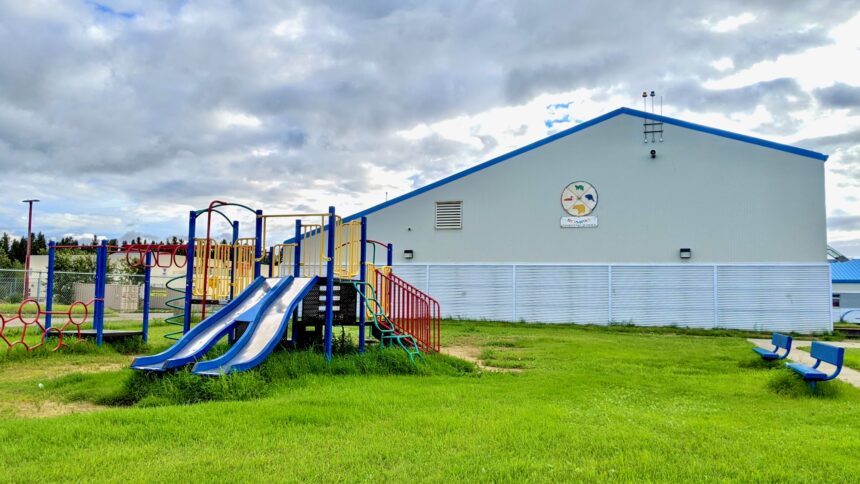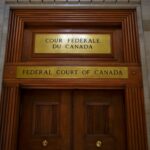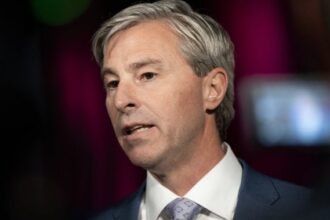In an unprecedented move that signals growing tensions between territorial authorities and Indigenous communities, Northwest Territories Education Minister Caitlin Cleveland announced yesterday the launch of a formal investigation into governance concerns within the Dehcho Divisional Education Council (DDEC). The inquiry follows months of mounting complaints from parents, educators, and community leaders regarding decision-making processes and administrative practices in the region’s schools.
“We’ve reached a critical juncture where intervention has become necessary,” Cleveland stated during a press conference in Yellowknife. “The well-being and educational outcomes of students must remain our paramount concern, and the current situation suggests systemic issues that warrant thorough examination.”
The investigation will scrutinize allegations of administrative irregularities, staff turnover issues, and what some community members have described as “a breakdown in communication” between the council and the communities it serves. Several Dehcho communities have expressed frustration over what they perceive as insufficient consultation on key educational decisions affecting their children.
Chief Stanley Sanguez of Jean Marie River First Nation voiced concerns that echo throughout the region: “Our children’s education must reflect our cultural values and priorities. When governance structures fail to incorporate our voices meaningfully, the entire system suffers.”
The probe comes at a particularly sensitive time, as Indigenous communities across Canada increasingly assert authority over educational matters. The Dehcho First Nations have long advocated for greater autonomy in designing curriculum and educational approaches that honor traditional knowledge alongside contemporary academic requirements.
Department officials confirmed the investigation will be conducted by an independent third party with expertise in both educational administration and Indigenous governance structures. The review will examine decision-making protocols, financial management, and leadership practices within the council over the past three years.
Education specialist Dr. Miranda Jenkins from the University of Alberta notes that this situation highlights broader tensions in northern education systems. “What we’re seeing in the Dehcho reflects a continent-wide conversation about decolonizing education while maintaining standards that prepare students for diverse futures,” she explained.
The investigation is expected to last approximately four months, with findings and recommendations to be made public by early 2025. Cleveland emphasized that the process will include extensive consultation with community members, elders, and educational professionals.
For students and families in the region, the investigation brings both uncertainty and hope. Parent committee representative Thomas Nadli expressed cautious optimism: “We’ve been raising these concerns for years. If this investigation leads to meaningful change in how our children’s education is governed, it will have been worthwhile.”
As this situation unfolds in the Northwest Territories, it raises fundamental questions about the balance of power in educational governance across Canada’s North. Can institutional structures evolve to genuinely incorporate Indigenous leadership while satisfying territorial oversight requirements? The Dehcho investigation may provide insights that extend far beyond regional boundaries.










